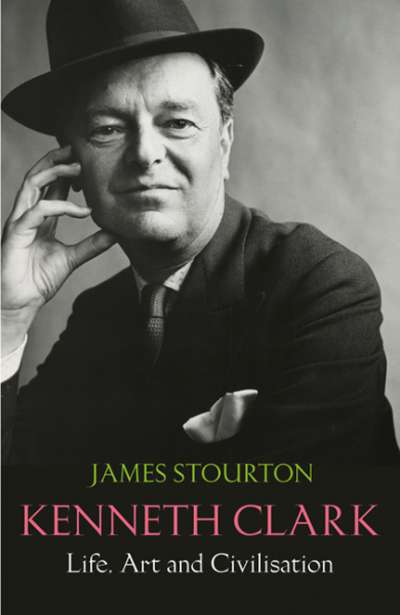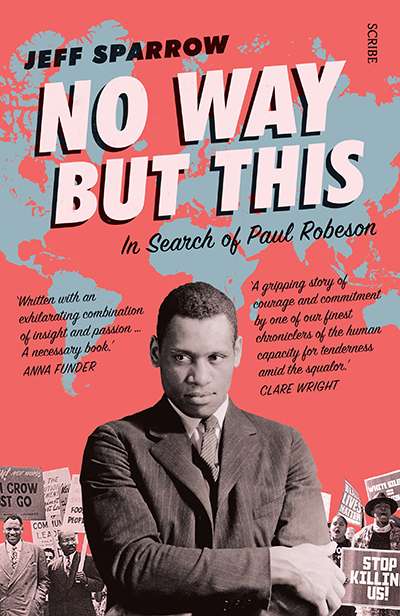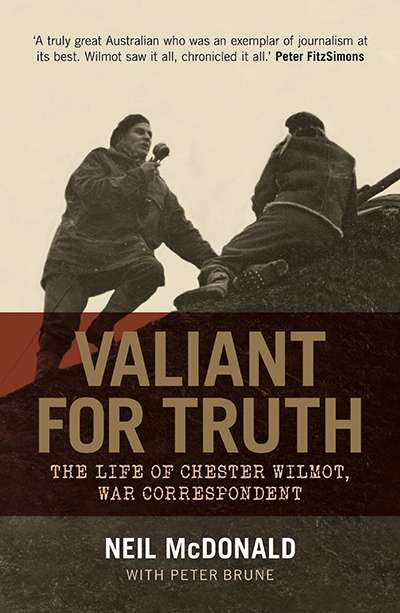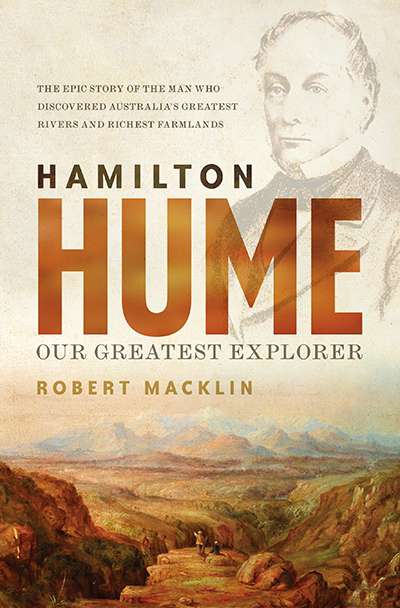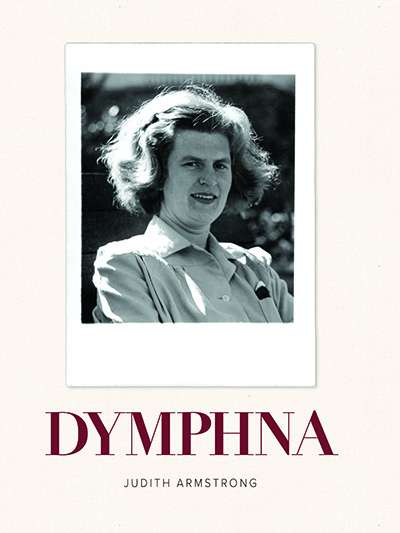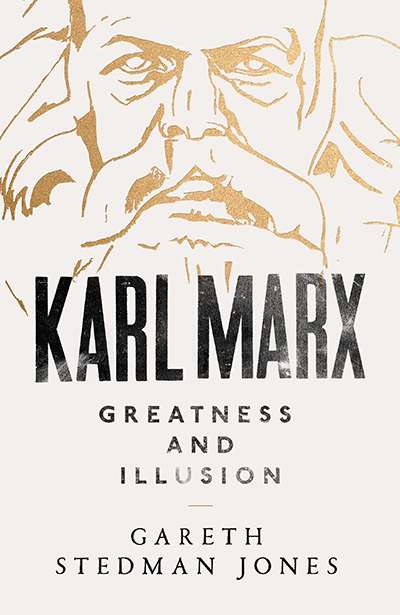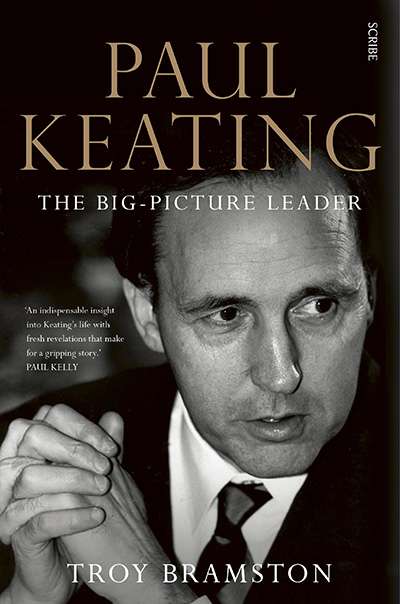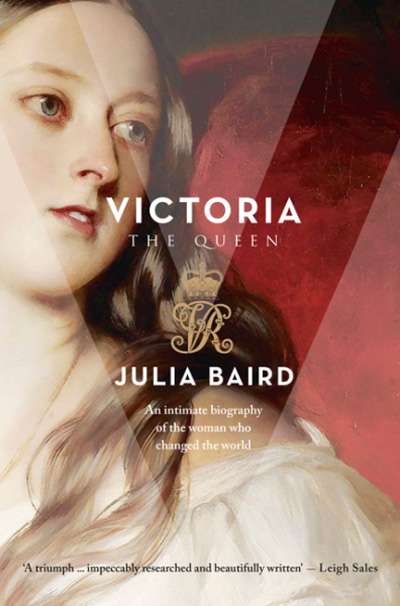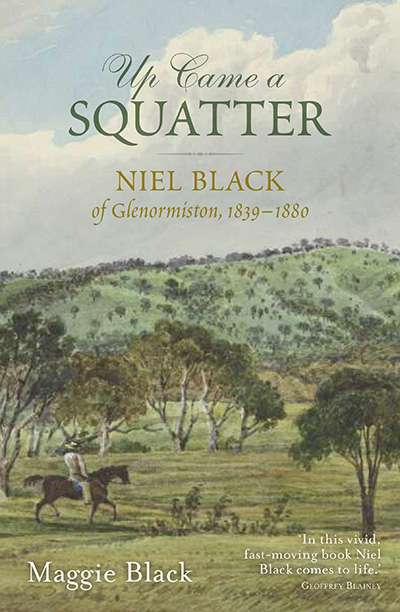Biography
Kenneth Clark: Life, Art and Civilization by James Stourton
by Patrick McCaughey •
Valiant For Truth: The life of Chester Wilmot, war correspondent by Neil McDonald with Peter Brune
by Kevin Foster •
Karl Marx: Greatness and illusion by Gareth Stedman Jones
by Sujatha Fernandes •
Victoria: The Woman who Made the Modern World by Julia Baird
by Margaret Harris •
Dr James Barry: A woman ahead of her time by Michael du Preez and Jeremy Dronfield
by James Dunk •

